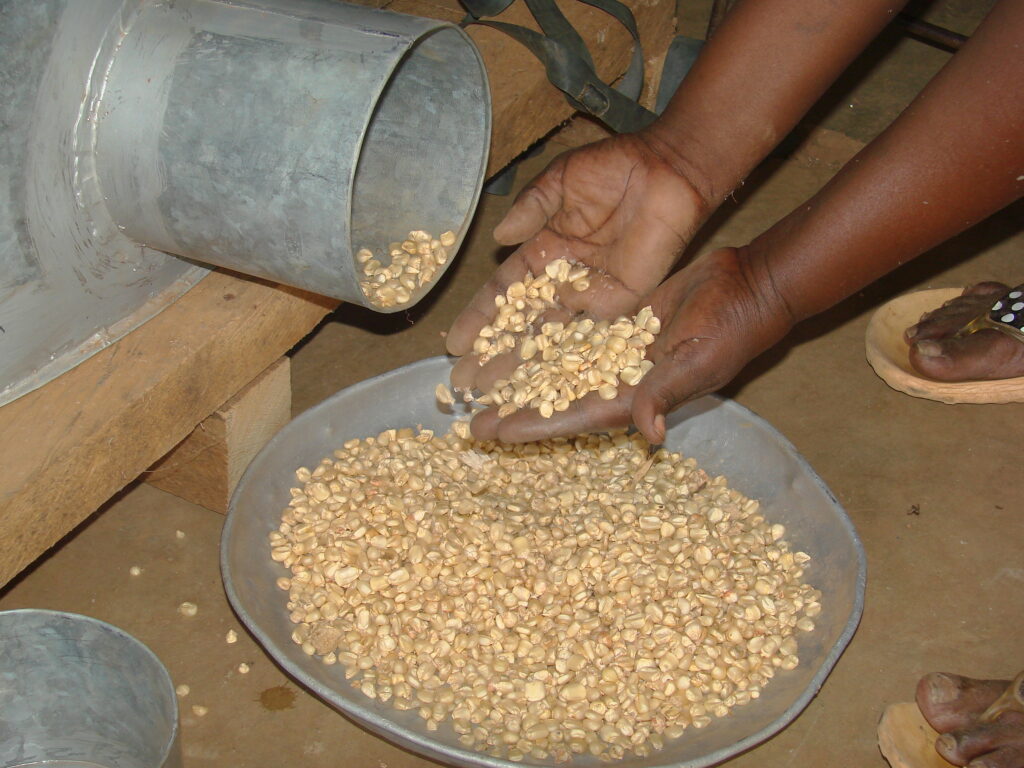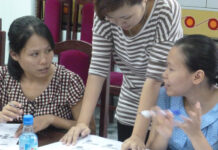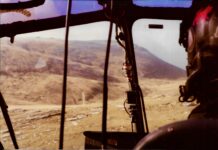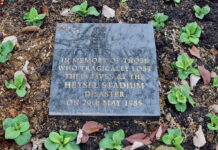
In this scenario we look at a situation where an editor faces breaking protocol because of the strength of a story.
As one of the editors of a government radio news service in a developing democracy you receive information of an imminent threat of famine in a rural area of the country.
You are told that, unless immediate action is taken by the government and the international community, thousands of people are likely to die in the next few months.
You know that the government is aware of the situation but would rather not publicise the threatened famine in the hope that it passes unnoticed, as it has often done in the past.
In a recent visit to the famine-threatened region you saw thousands of tonnes of grain being readied for export to foreign markets by remote merchants.
Your research uncovered that these same merchants are known to have financed the mechanised farming of grain in the famine-threatened region.
The grain they harvest, you discovered, is largely intended for export to countries which are known to provide financial aid to your national government.
As you consider what to do, a written press release arrives on your desk from a commissioner of the famine-threatened region, pleading for immediate assistance.
The press release was sent to you specifically in the hope that you would broadcast the information.
You suspect that if you seek clearance from “above” to publish the information your request will either be refused, delayed, or will possibly disappear altogether.
As a result, the available grain will likely be exported and the famine will possibly take its toll.
If you allow the information to be broadcast, and point out the availability of the grain destined for export out of the region, it may shame the government into doing something, such as putting an embargo on the exportation of the grain from the region.
However, broadcasting the information could put your job at risk.
What do you do?
- Refer the matter up to senior editors and government officials and try to persuade them that broadcasting the information is in the public interest and that, as a news outlet serving a community at risk, you have a duty of care to share what you know.
- Broadcast the information without ‘referring up’ because you fear you will be blocked, and you consider it is more important to save lives than save your career.
- Don’t broadcast, but instead pass the information on to a foreign correspondent or foreign media outlet which you trust in the hope that they will circulate the information.
- Ignore the story, aware that this is probably happening in many other countries and whatever you do will make no difference.
Conclusion
How a journalist responds to such a situation will differ from country to country and culture to culture. There is no easy answer here. However, in the scenario set out above the journalist decided on option 2.
They went ahead and broadcast the information they had without ‘referring up’ because they feared they would be blocked, and they considered it to be more important to save lives than save their career.
After the information had been broadcast they received a stern telling off, but kept their job.
And as a result of the information being broadcast on the government radio channel the authorities announced an embargo on the exportation of grain until enough was available for the hungry in the region.
All the scenarios on Media Helping Media are based on actual events.
In summary
The scenario tests the boundaries of journalistic ethics in a developing democracy. An editor of a government radio news service receives information about an imminent threat of famine in a rural area. The government is aware of the situation but prefers not to publicise it. The editor discovers that thousands of tonnes of grain are being readied for export by merchants who financed mechanised farming in the famine-threatened region. A press release arrives from a commissioner of the region, pleading for immediate assistance and hoping the editor will broadcast the information. The editor suspects that seeking clearance to publish the information will result in it being blocked or delayed, leading to the famine taking its toll. Prioritising saving lives over their career, the editor decides to broadcast the information without approval. As a result, the authorities announced an embargo on the exportation of grain.

This scenario presents a complex ethical dilemma, deeply rooted in the tension between journalistic integrity, government accountability, and humanitarian urgency. Let’s dissect the situation and explore its implications:
Deepening the analysis:
- Power dynamics and corruption:
- The scenario highlights the potential for corruption and self-preservation within developing democracies. The government’s desire to suppress information to avoid scrutiny suggests a lack of transparency and accountability.
- The connection between the grain merchants, the government’s foreign aid sources, and the intended export market implies a network of vested interests that prioritise profit over human life. This reveals a systemic problem that extends beyond a simple news story.
- The role of the media in developing democracies:
- In fragile democracies, the media often plays a crucial role in holding power to account. This scenario tests the limits of that role.
- The editor’s decision to bypass protocol underscores the potential for government-controlled media to act as a voice for the marginalised, even at great personal risk.
- The fact that the commissioner sent the press release directly to the editor shows that some members of the government system are willing to use the media to do the right thing.
- Ethical considerations:
- The editor faces a classic ethical dilemma: duty to inform versus duty to obey.
- The principle of “do no harm” is central to this situation. By suppressing the information, the editor risks contributing to the suffering of thousands. However, by broadcasting the information, they risk jeopardising their career and potentially destabilising the government.
- The concept of journalistic objectivity is also tested. While the editor must strive for accuracy, they cannot remain neutral in the face of a humanitarian crisis. The need to act as a voice for the voiceless overrides the traditional notion of detached observation.
- The impact of global connections:
- The involvement of foreign aid and export markets underscores the interconnectedness of global issues.
- The actions of international actors can have a profound impact on local populations, particularly in developing countries.
- This situation shows how the global economy can negatively affect local populations.
- The importance of local knowledge:
- The editor’s previous trip to the affected area, and the research they undertook, were vital in understanding the situation. This highlights the importance of journalists getting out into the field, and not just relying on press releases.
- The fragility of “success”:
- While the editor kept their job, and the embargo was placed on the grain, this does not mean that the underlying problems have been solved. The same situation could easily occur again.
Analysing the options:
- Referral up:
- This option is the most conventional, but it carries the risk of inaction. The editor’s suspicion that the request would be blocked is likely well-founded.
- This choice displays the editors attempt to follow the correct procedures.
- Broadcast without approval:
- This option is the most courageous, but it also carries the greatest risk. It requires the editor to prioritise human life over their career.
- This option shows that sometimes, direct action is needed.
- Passing information to foreign media:
- This option is a compromise, but it relies on the willingness of foreign media to act. It also potentially absolves the local media of its responsibility.
- This option shows an attempt to get the information out, without taking the full risk.
- Ignoring the story:
- This option is the most unethical. It represents a failure of journalistic duty and a betrayal of the public trust.
- This option shows the danger of apathy.
Conclusion:
This scenario serves as a powerful reminder of the ethical challenges faced by journalists in developing democracies. It highlights the importance of courage, integrity, and a commitment to serving the public interest. The editor’s decision to broadcast the information, despite the risks, is a testament to the power of journalism to make a difference. However, it also underscores the need for systemic change to ensure that such acts of bravery are not necessary.








